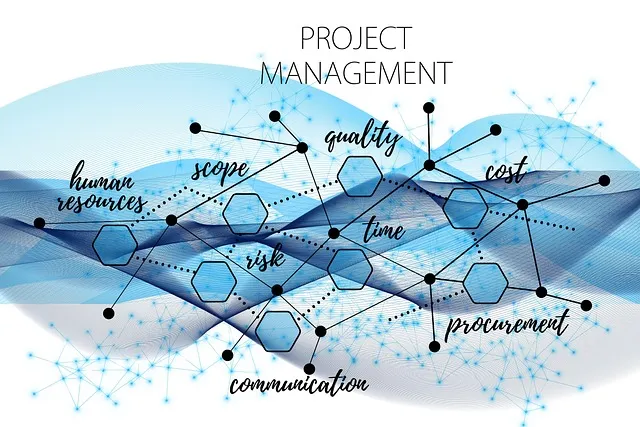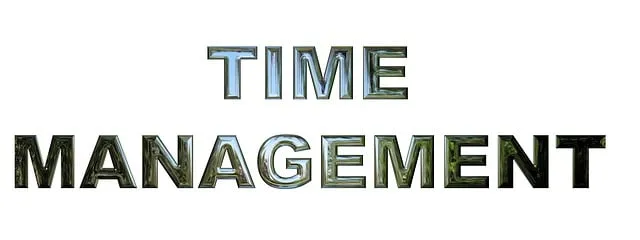The Kaiser approach to anger management offers a comprehensive framework for understanding and managing intense emotions through structured coping strategies, mindfulness practices, and effective communication. By identifying triggers, recognizing early signs of anger, and implementing techniques like deep breathing, progressive muscle relaxation, and cognitive reframing, individuals gain emotional self-regulation skills. Mindfulness enhances self-awareness, enabling calm responses instead of impulsive reactions. This holistic strategy not only benefits the individual but also improves relationships through assertive communication. Consistent practice builds resilience, fostering inner peace and improved mental health.
Mastering self-regulation skills is crucial for navigating life’s challenges, especially when it comes to managing anger. This comprehensive guide explores various aspects of Kaiser Anger Management, offering a detailed overview for those seeking to understand and control their emotions. We delve into recognizing triggers, enhancing self-awareness, implementing healthy communication strategies, and fostering resilience through long-term practices. By embracing these techniques, individuals can transform their relationships and overall well-being, turning anger into a manageable force.
- Understanding Kaiser Anger Management: A Comprehensive Overview
- Recognizing Triggers: Identifying the Roots of Unmanaged Anger
- Techniques for Self-Awareness: Gaining Control from Within
- Effective Communication Strategies: Expressing Anger Healthily
- Building Resilience: Long-term Self-Regulation Practices
Understanding Kaiser Anger Management: A Comprehensive Overview

Anger management is a crucial aspect of emotional regulation, and the Kaiser approach offers a comprehensive framework to understand and overcome anger-related challenges. This method recognizes that anger is a natural emotion but can become problematic when it intensifies into rage or leads to impulsive behaviors. By providing a structured understanding of anger, Kaiser counseling for emotional regulation equips individuals with tools to manage their reactions effectively.
The Kaiser interventions focus on identifying triggers, recognizing early signs of anger, and implementing coping strategies. It teaches individuals to respond mindfully rather than reacting impulsively. Through this process, one learns to overcome anger issues with a structured approach, helping them gain control over sudden rage episodes. This method ensures that individuals develop long-lasting skills for emotional self-regulation, leading to improved relationships and overall well-being.
Recognizing Triggers: Identifying the Roots of Unmanaged Anger

Recognizing triggers is a fundamental step in mastering self-regulation skills and effectively managing anger. Unmanaged anger often stems from underlying causes that, when identified, can be addressed and controlled. It’s crucial to understand what sets off your anger and where these feelings originate. Triggers could be specific situations, certain people, or even thoughts that incite intense emotional responses. By keeping a journal to track these triggers, you begin to uncover patterns and gain valuable insights into your emotional landscape.
Integrating mindfulness into Kaiser therapy can significantly aid in this process. Mindfulness practices nurture inner peace through present-moment awareness, allowing individuals to observe their anger without judgment. This self-awareness is essential for understanding the roots of anger and implementing effective Kaiser strategies for anger control. Nurturing inner peace through Kaiser techniques enables individuals to respond calmly rather than reacting impulsively to triggers.
Techniques for Self-Awareness: Gaining Control from Within

Self-awareness is a powerful tool in mastering self-regulation skills. It involves recognizing and understanding your thoughts, emotions, and behaviors in real-time. One effective technique to enhance self-awareness is mindfulness practice, which encourages individuals to focus on the present moment, acknowledging sensations, thoughts, and feelings without judgment. This process can be particularly beneficial for Kaiser anger management patients, helping them to recognize triggers and respond calmly rather than reacting impulsively with rage.
The Kaiser program for managing rage emphasizes the use of kaiser-approved strategies for angry teens, such as deep breathing exercises, progressive muscle relaxation, and cognitive reframing. These techniques empower individuals to gain control from within, fostering a sense of calm and resilience in challenging situations. Mindfulness practices for Kaiser patients can be tailored to suit various needs, making self-regulation more accessible and effective for all.
Effective Communication Strategies: Expressing Anger Healthily

Effective communication is a cornerstone of mastering self-regulation skills, particularly when it comes to expressing anger healthily. The Kaiser anger management approach emphasizes a holistic strategy that combines mindfulness, emotional awareness, and assertive communication techniques. By adopting a personalized plan tailored by professionals at Kaiser, individuals can learn to recognize and express their anger in constructive ways, rather than resorting to explosive or repressed behavior.
This process involves understanding the underlying triggers, practicing active listening, and employing “I” statements to convey feelings without blame. Nurturing inner peace through these Kaiser practices not only benefits the individual but also strengthens relationships by fostering a more balanced and empathetic exchange.
Building Resilience: Long-term Self-Regulation Practices

Building resilience through consistent self-regulation practices is a key element in Kaiser anger management. By incorporating mindfulness practices for Kaiser patients into their daily routines, individuals can develop a deeper understanding of their triggers and emotional responses. This proactive approach allows for quicker recovery from stressful situations and fosters better control over one’s reactions. Success stories of Kaiser anger relief demonstrate that with dedicated practice, significant improvements in managing intense emotions are achievable.
Non-violent communication in Kaiser therapy plays a pivotal role in this process. It encourages individuals to express their feelings and needs assertively while promoting empathy and understanding in interpersonal interactions. Over time, these mindfulness practices can transform the way people navigate challenging situations, leading to improved mental health and enhanced quality of life.
Mastering self-regulation skills is a transformative journey towards peaceful coexistence with our emotions, particularly anger. By understanding Kaiser Anger Management and employing techniques like recognizing triggers, enhancing self-awareness, and adopting effective communication strategies, individuals can navigate challenging situations with grace and composure. Building resilience through consistent practice enables long-term emotional well-being, fostering healthier relationships and a more balanced lifestyle. Remember, self-regulation is not about suppressing anger but channeling it constructively, making it a valuable tool for personal growth and improved quality of life.






